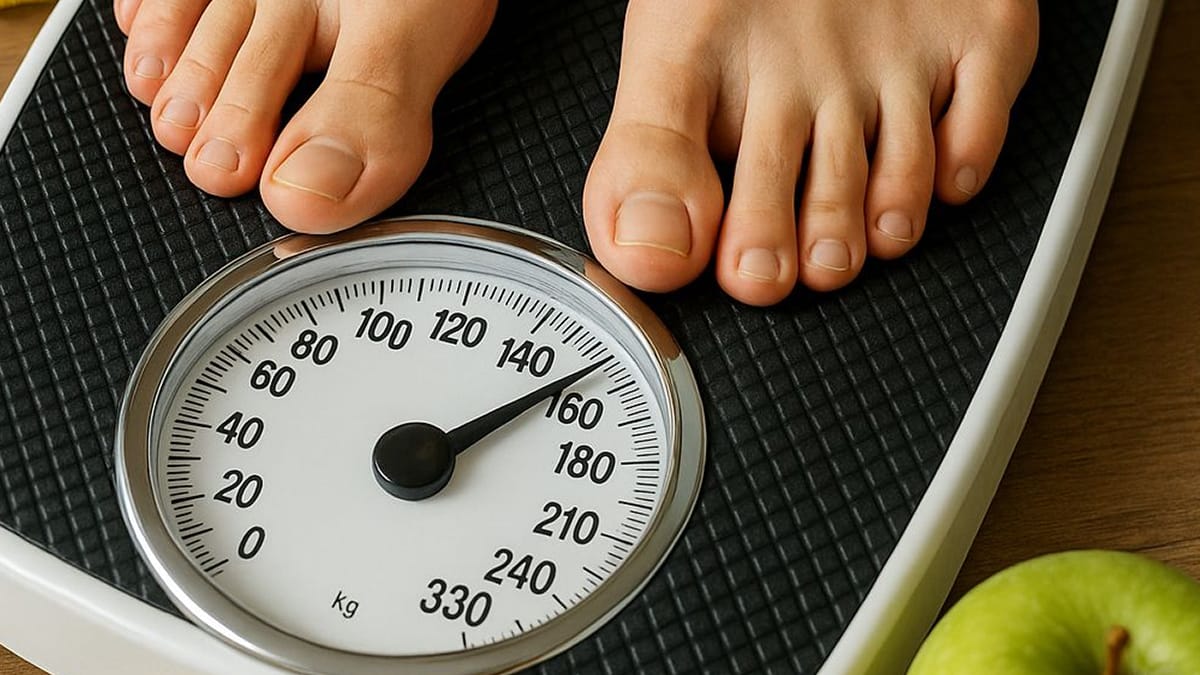Can Weight Loss Shakes Replace Real Meals Daily?
When it comes to weight loss, many people look for convenient solutions that fit into their busy lifestyle. One of the most popular trends is using weight loss shakes as a replacement for traditional meals. But the question remains: can weight loss shakes replace real meals daily in a safe and sustainable way? The short answer is no, not for everyone. While weight loss shakes can support calorie control and portion management, relying on them exclusively may create nutritional gaps, disrupt metabolism, and even backfire in the long run.

Can Weight Loss Shakes Replace Real Meals Daily?
The truth is, weight loss shakes have both benefits and risks. To truly understand if they are right for you, we need to look at how they affect your metabolism, nutrient intake, digestion, energy levels, and long-term health.
The Appeal of Weight Loss Shakes
Weight loss shakes are marketed as a quick fix for shedding pounds. They promise convenience, portion control, and reduced calorie intake without the hassle of meal prep. For people with hectic schedules, shakes seem like a lifesaver. You mix a scoop of powder with water or milk, and in minutes you have a low-calorie meal replacement.
Some of the most common reasons people choose shakes include,
Time-saving for busy professionals
Portion-controlled calories to avoid overeating
Structured diet plan with fixed nutrients
A tool to kickstart weight loss in the first weeks
While these benefits are real, they come with important limitations.
Nutritional Gaps You Should Not Ignore
Unlike whole foods, shakes often lack the wide spectrum of vitamins, minerals, antioxidants, and phytonutrients that your body gets from vegetables, fruits, lean proteins, and whole grains. Even if the label claims “complete nutrition,” synthetic supplements cannot fully replicate the natural complexity of whole foods.
For example, whole foods contain dietary fiber that supports digestion and gut health. Most shakes are low in fiber, which can lead to constipation, reduced satiety, and blood sugar spikes. Moreover, shakes often contain artificial sweeteners, additives, or preservatives that may not support long-term health.
The Risk of Metabolic Slowdown
One hidden danger of relying on weight loss shakes every day is the risk of metabolic slowdown. When you restrict calories too much or rely on liquid meals, your body may interpret this as a signal of scarcity. As a survival response, your metabolism slows down, making it harder to burn fat. Over time, this could lead to a frustrating weight loss plateau or rapid weight regain once you return to eating regular meals.
Psychological Impact and Food Relationship
Food is not only about nutrition. Eating is a sensory and social experience that satisfies emotional needs and helps maintain balance in life. Replacing every meal with a shake can damage your relationship with food, increase cravings, and trigger binge eating episodes. Many dieters experience strong hunger and guilt when they switch back to solid foods. This yo-yo effect can be more harmful than the initial weight problem.
What Science Says About Meal Replacement Shakes
Several studies suggest that meal replacement shakes can help people lose weight in the short term. For instance, research published in the journal Obesity found that participants who used meal replacement shakes lost more weight in 12 weeks compared to those who followed a traditional low-calorie diet. However, these studies also highlight that the success of shakes depends on long-term behavior changes, not the shakes themselves.
In other words, shakes may act as a tool, but they cannot replace the need for balanced meals, exercise, and healthy lifestyle habits.
Who Might Benefit from Weight Loss Shakes?
Weight loss shakes may be helpful for certain groups of people,
Individuals with very busy schedules who struggle with meal prep
People who need portion control guidance at the start of their journey
Obese patients who require medical supervision and structured diets
Athletes who occasionally use shakes as a post-workout recovery tool
But even for these groups, shakes should complement, not replace, whole foods.
Safer Alternatives to Daily Meal Replacement
Instead of replacing all meals with shakes, a balanced approach is more sustainable. For example, you might use one shake per day (such as breakfast or lunch) and focus on whole, nutrient-dense foods for the other meals. This hybrid method offers both convenience and nutritional balance.
You can also make your shakes healthier by blending them with real ingredients such as spinach, oats, berries, almond butter, or chia seeds. This adds fiber, antioxidants, and micronutrients missing from standard shake powders.
Practical Recommendations for Weight Loss Success
Prioritize whole foods as the foundation of your diet
Use weight loss shakes occasionally, not exclusively
Add real ingredients to boost nutritional value of shakes
Stay hydrated and avoid relying on shakes as your only fluid intake
Focus on long-term habits like sleep, stress management, and exercise
FAQ: Can Weight Loss Shakes Replace Real Meals Daily?
Are weight loss shakes safe to drink every day?
Yes, in moderation, but they should not replace all meals. One shake per day can be safe, but replacing every meal may create nutritional gaps.
Do weight loss shakes actually work for fat loss?
They can support calorie control and help in the short term, but sustainable fat loss comes from whole foods, exercise, and long-term habits.
Can I replace breakfast and lunch with shakes?
You can, but it is better to include at least one solid food meal with whole ingredients to maintain digestive health and satiety.
Do shakes slow down metabolism?
Yes, if used excessively with very low calorie intake. The body adapts to calorie restriction by slowing down metabolism, which can block fat burning.
What should I add to my shakes for better nutrition?
Leafy greens, seeds, nuts, fruits, and protein sources like Greek yogurt can increase fiber, antioxidants, and satiety.
Are weight loss shakes good for belly fat?
Shakes alone do not target belly fat. Overall calorie deficit, exercise, and lifestyle changes are necessary to reduce abdominal fat.
What are some good products to support meal replacement?
High-protein shake powders, fiber supplements, multivitamin capsules, natural nut butters, and green superfood powders are popular additions.
Tips and Warnings to Avoid Mistakes
Do not rely on shakes for all meals, your body needs real food
Watch out for artificial sweeteners and hidden sugars in shake powders
Avoid extreme calorie restriction that can harm metabolism
Always combine shakes with a long-term diet and fitness plan
Final Thoughts: Can Weight Loss Shakes Replace Real Meals Daily?
Shakes can support weight loss, but they should not fully replace whole foods
Real meals provide fiber, antioxidants, and natural compounds missing in shakes
Occasional use of shakes can be practical for busy lifestyles
Adding fresh ingredients makes shakes more nutritious and sustainable
A hybrid approach (one shake + real meals) is safer than full replacement
Long-term weight loss success depends on balanced habits, not quick fixes
Trust your body’s natural hunger cues and don’t ignore the importance of mindful eating
Reference & Additional Reading
Inspired by studies and insights from:
www.health.harvard.edu
www.menshealth.com
www.healthline.com
www.womenshealthmag.com
www.ncbi.nlm.nih.gov
www.webmd.com
www.medlineplus.gov
www.tridenttech.edu
www.burnexia.com

